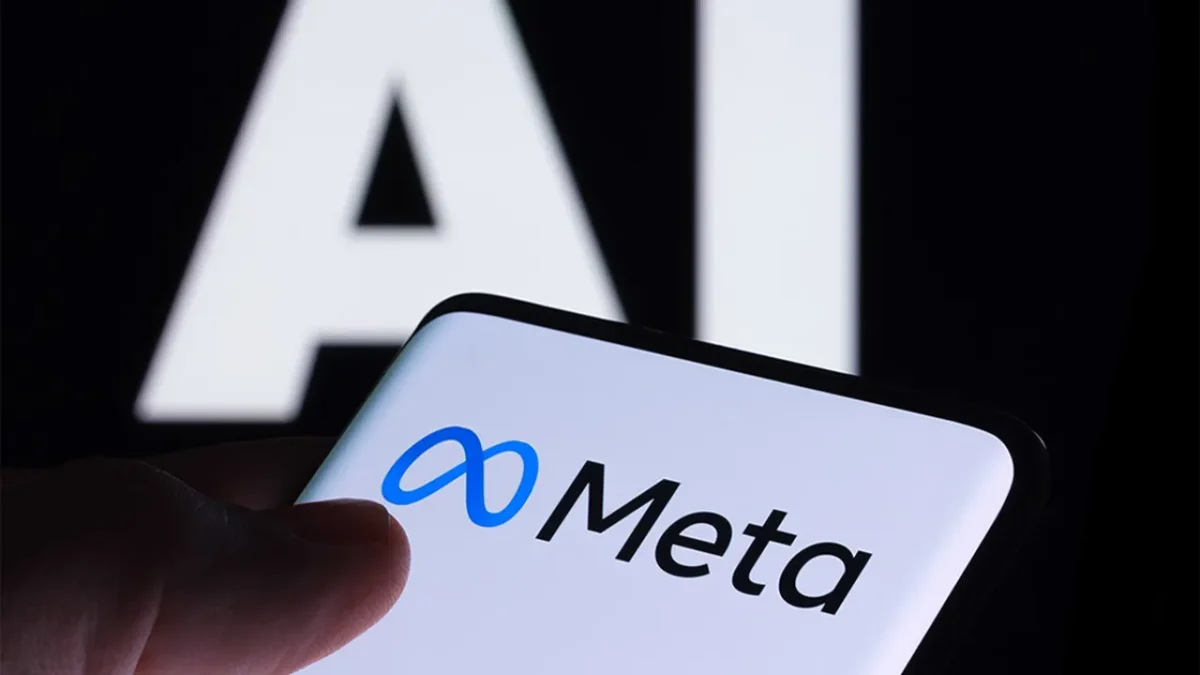The AI revolution gained momentum with OpenAI’s ChatGPT, and now Meta is joining the race with its own commercial Meta AI model LLaMA. With Meta’s upcoming Large Language Model (LLM), the company aims to compete with industry giants like Google, Microsoft, and OpenAI.
Meta’s Plans for Commercializing its Meta AI Model LLaMA:
According to a report by Financial Times, Meta is planning to make its Generative AI Model, known as LLaMa, available to the general public. Initially, LLaMa was only accessible to a limited group of researchers and academics. By opening it up for public use, Meta aims to establish its presence in the field of Generative AI.
The Open Source Advantage:
Meta’s strategy includes making its AI model open source, which means that the details of LLaMa will be publicly accessible and modifiable. This approach sets Meta apart from competitors like OpenAI, who follow a closed-source system, keeping their code exclusive. Meta’s Global Affairs Chief, Nick Clegg, stated that openness is the best way to address concerns surrounding AI while allowing companies to improve the technology and develop applications on top of it.
Vertical Harry Potter Scenes Created With AI Video Generative Fill Impresses Viewers!
Google’s AI Chatbot Bard Launches in the EU Amid Regulatory Scrutiny
Adobe Express With Firefly: Revolutionizing Content Creation and Collaboration
Commercialization and Intellectual Property:
Contrary to the assumption that open source means free, Meta plans to charge enterprises for modifying its AI model to suit their specific needs using proprietary data. This strategy enables Meta to maintain control over the intellectual property of its work while still benefitting from the collaborative efforts of a broader developer community. Joelle Pineau, Meta’s Vice President of AI Research, acknowledged the importance of preserving intellectual property rights while leveraging open source initiatives.
Implications for Meta’s Products:
The introduction of a commercial AI model from Meta signifies that popular platforms such as Instagram, WhatsApp, Threads, and Facebook could soon gain AI capabilities. The extent to which this development will benefit users remains to be seen, as it depends on the implementation and integration of AI technologies across Meta’s product portfolio.

Looking Ahead:
As Meta prepares to launch its commercial AI model, known as LLaMa, it raises questions about its potential to compete with existing AI leaders. The impact of AI on society and personal opinions on the matter may vary. Share your thoughts on LLaMa and your perspective on AI in the comments section below.



